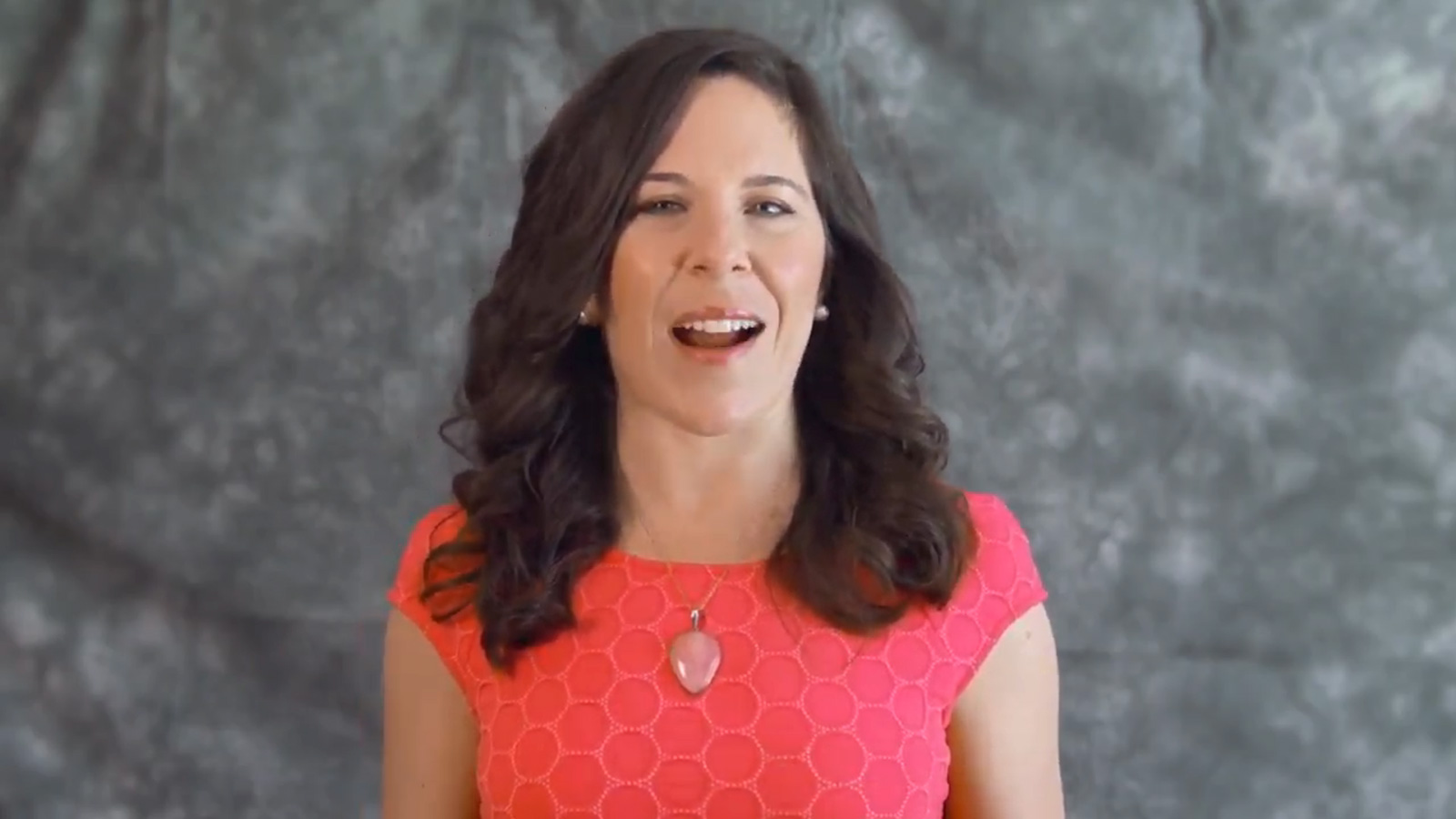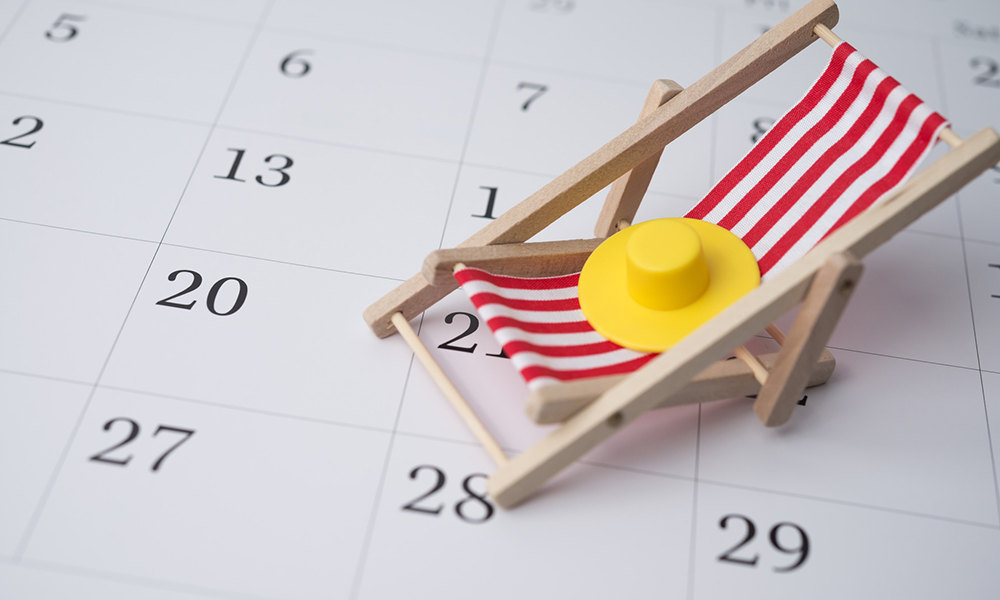I was talking to one of our leaders recently and he was lamenting that after a few tough quarters he felt that he was “running out of steam”. This is not unusual. At one point or another, we all feel sapped out of our energy.
Think about it. Most of your days are probably very packed. And you are constantly juggling multiple things. How many times do you find yourself thinking that there simply aren’t enough hours in a day? In today’s busy world, where our days crammed with activities, I am sure that all of us wish for more time to get things done. Sadly, time is a finite resource—but on the bright side, energy is not.
So, how about you flip things around? If you learn to make the most of your energy, boosting its levels and optimising its usage, you may just start feeling that time is not a constraint.
And the important thing about energy levels is that they are contagious. If you are an energetic leader, then you radiate positive energy and can infuse greater purpose and meaning in your teams. On the other hand, if you are lacking in energy, then you can deplete the energy of your teams and transmit negativity. So, your role as a leader to shape the overall energy levels of the organisation is critical.
To get a sense of your current energy patterns, take this quick quiz.
I am guessing that most of you will score between 7 and 16—meaning significant energy management deficits or even a full-blown crisis. This means you probably feel overwhelmed, battle exhaustion, get distracted easily, feel like you’re not doing your best work, don’t make any real effort towards your health, and find it difficult to engage meaningfully with loved ones.
While you can’t add hours to your day, you can improve the quality and quantity of your depleted energy reservoir. Doing so has a multitude of benefits, from higher productivity to better relationships to greater peace of mind. In their Harvard Business Review article, Manage Your Energy, Not Your Time, Tony Schwartz and Catherine McCarthy report the results of their comprehensive energy renewal programme:
‘At Wachovia Bank, employees participating in an energy renewal program outperformed a control group of employees, demonstrating significantly greater improvements in year-over-year performance during the first quarter of 2006…. They also reported substantial improvements in their customer relationships, their engagement with work, and their personal satisfaction.’
So, drawing from this, my message this week focuses on how to better harness your energy, and use it more wisely.
Rob Cross and Andrew Parker, in their book, The Hidden Power of Social Networks: Understanding How Work Really Gets Done in Organizations, share how being an energiser doesn’t mean being an entertainer, charismatic, or intense. Instead, it means that you bring yourself fully into an interaction. This is what makes you much more productive than other people. It’s about being able to listen and focus deeply and through that, energise yourself and others.
Here are eight suggestions on how you could go about becoming more of an energiser:
1. Create healthy rituals
The foundation of your energy reserves is your physical health. While we all know this to be true, simple things like eating properly or exercising slip to the bottom of our priority lists because there always seem to be too many other tasks on our plates. That’s where the power of rituals comes to the rescue. By turning something into a ritual, you can integrate it more easily into your day.
Try to build healthy practices into your schedule, such as workouts on fixed days, energising snacks every few hours, a designated bedtime that allows at least seven hours of sleep, family breakfasts at the dining table, and so on. Don’t try to do all of these together—begin with one or two, and incorporate the others slowly. In the beginning, habits take a significant amount of effort; ultimately, however, they save you tons of energy.
2. Optimise decision-making
Every single decision you make saps a little more of your mental energy. Some decisions are important and need to be made on a day-to-day basis; but others can easily be eliminated or made in advance, clearing your mind space for crucial tasks. For example, instead of deciding each week when to have a check-in meeting with your team, give it a fixed place on your weekly agenda. As a leader, you can also combat decision fatigue by delegating more decisions to your team members. Empower them to go through the decision-making process on their own and run the final outcome by you (if required).
3. Protect your peak performance period
Each person works best at a certain time of day—this is a window you need to be aware of and reserve for your most challenging tasks. Don’t waste your peak period on rote work or administrative housekeeping. Instead, utilise it for projects that demand higher order skills like creativity, analysis, and decision-making. Not only will the quality of your work benefit, you will also wrap up the task in a shorter timeframe because your energy levels will be in top form. Do not allow this period to be encroached upon by urgent but irrelevant tasks—guard it as you would a doctor’s appointment or an ultra-important meeting.
4. Take breaks for renewal
What do the best athletes, musicians, and chess players have in common? Interval training, i.e., periods of focused work followed by recovery time. The effectiveness of this strategy isn’t just limited to the above professions—it applies to executives in the corporate world, too. In 2014, DeskTime (a time-tracking productivity app) studied what set their most productive employees apart from the rest. They discovered the secret to their productivity was that for every 52 minutes of intensive work, they took 17 minutes of break-time.
Schwartz and McCarthy also highlight energy-renewing breaks, explaining that their usefulness is based on the human body’s “ultradian rhythms”—cycles of 90-120 minutes during which our energy levels fluctuate from high to low. At the end of each cycle, the body demands a break to replenish its energy. Unfortunately, we often ignore the signals (restlessness, yawning, snack craving, brain fog) and try to power through the slump. The task you’re working on might get done but there are costs—longer time needed to complete the work, increased risk of mistakes, and low energy levels for the rest of the day. On the other hand, taking even short breaks can replenish lost energy and enable sustainable performance through the day. Be sure to do something completely unrelated to work, such as chatting with a friend, listening to music, or going for a walk.
5. Stop multitasking
Every time you switch between tasks, your energy bank takes a hit. Don’t waste this precious resource by scattering focus—more than enough research proves that multitasking is an ineffective strategy. In his article Manage Your Energy Not Your Time, Stephen Warley recommends monotasking instead:
‘Monotasking means grouping related work tasks together. Examples include making phone calls, writing proposals, updating your website, creating marketing materials, etc. Working on one type of task at a time reduces the number of times your brain needs to switch between different connections, reducing the amount of energy required to get more work done.’
You can also design certain practices to enhance concentration on the task at hand, such as checking your emails at set times (instead of constantly), switching your phone to silent during important conversations, and using the Pomodoro technique to hone your concentration skills.
6. Appreciate others
When you feel positive, your energy levels soar. One of the most powerful ways of fuelling this is through showing appreciation. Whether through a note, an email, a phone call, or a meeting, appreciation is a wellspring of good energy. The more detailed it is, the greater the impact. Schwartz and McCarthy recommend setting aside a particular time for showing appreciation, giving the example of Ben Jenkins, a bank vice-chairman and president, who began to schedule regular lunches and dinners with his direct reports to recognise their accomplishments—as opposed to his earlier practice of only meeting them for monthly reports and performance reviews.
7. Be purposeful about purpose
I am sure you have realised how much more drive and focus you seem to have when engaged in work you find meaningful. Be it mentoring, creative problem-solving, volunteering your time in social work, or big-picture analysis, make space for activities that are in line with your core purpose and values—this is the work that sustains and feeds your spirit, which is a huge source of energy. By consciously allocating more time towards such activities, you can access greater inspiration and effectiveness.
8. Change the story
Schwartz and McCarthy point out another way to tap positive energy—they teach people to change the stories they tell themselves about important life events.
‘We teach them to tell the most hopeful and personally empowering story possible in any given situation, without denying or minimizing the facts. The most effective way people can change a story is to view it through any of three new lenses, which are all alternatives to seeing the world from the victim perspective. With the reverse lens, for example, people ask themselves, “What would the other person in this conflict say and in what ways might that be true?” With the long lens they ask, “How will I most likely view this situation in six months?” With the wide lens they ask themselves, “Regardless of the outcome of this issue, how can I grow and learn from it?”’
You can put in ever-increasing hours at the office to tackle your overflowing to-do list, but this is a costly strategy. Instead, it is far better to learn how to manage your energy.
As author Michael Hyatt says it well, “The best leaders don’t leave their energy level to chance. They are intentional about creating it”.
As always, I look forward to your thoughts.









Comments